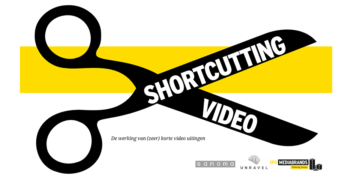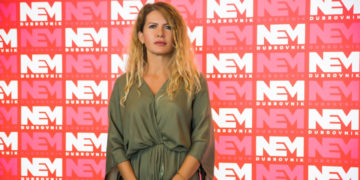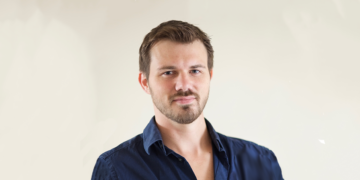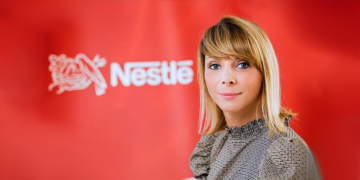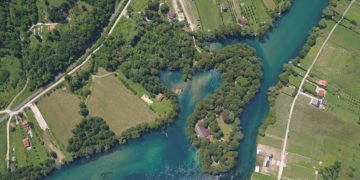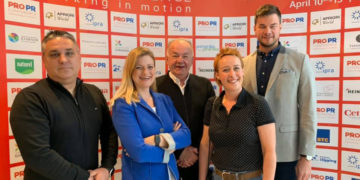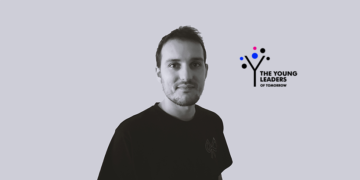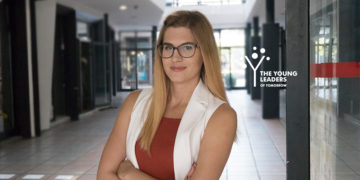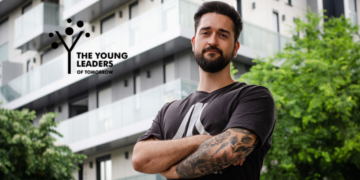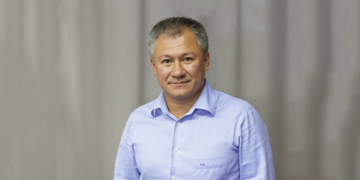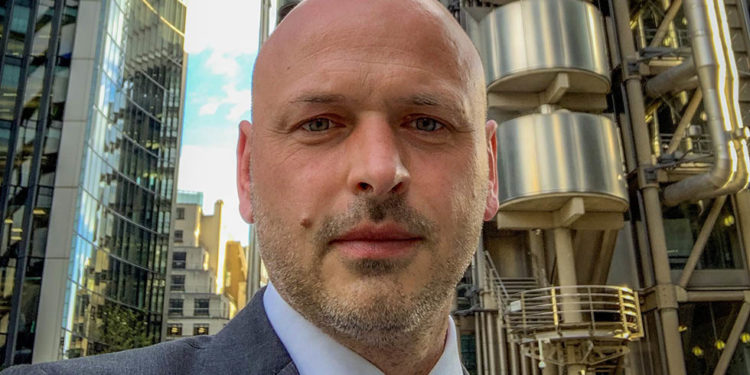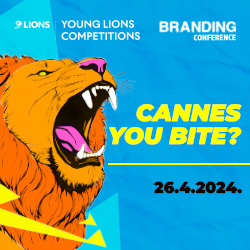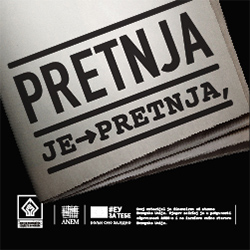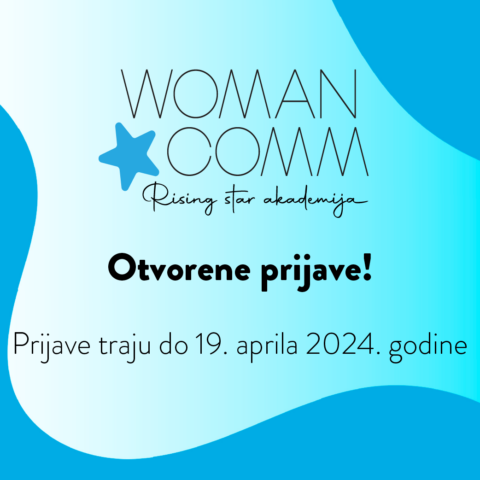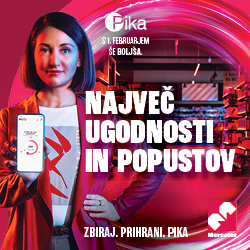Drugi jezik na kojem je dostupan ovaj članak: Bosnian
The Croatian-Indian startup ZASTI, which deals with artificial intelligence solutions, has achieved great success at Lloyd’s Innovation Lab, where it was selected as one of the top 10 startups, after their solution for risk assessment of commercial real estate was recognized as the best
Lloyd’s of London is an insurance stock exchange, not an insurance company. What New York Stock Exchange is for the capital market, Lloyd’s is for the insurance market. Lloyd’s of London, but also the insurance industry in general, are aware that they have to follow and adopt new technologies to keep pace with the world.
In order to meet the need for innovation, Lloyd’s has founded its Innovation Lab, and ZASTI has been chosen as one of the ten startups of their first generation, which will try to use new technologies to help Lloyd’s modernize its business. Cooperation with various internal organizations was quickly established, and at the beginning of this year a pilot project was launched with the Committee of Actuaries in Lloyd’s Market, whose task was to evaluate the performance of the ZASTI AI model on the problem of risk assessment in real estate insurance in the United States, which is a very significant market segment.
Innovation Lab has collected historical data, generated additional data by simulating models, and prepared a competition in which traditional methods were used by leading people for risk assessment: David Baxter (Head of Exposure Management, Barbican), Joe Berry (Head of Analytics, Brit), and Steven Wilkins (Head of Data Labs, Hiscox). On the other side were ZASTI and their AI models.
The results were presented at the AI Applied forum, featuring this and one more pilot project. It has been shown that ZASTI models better predict the risk when fed with the amount of data available within Lloyd’s, compared to the current state-of-the-art methods in this field.
This is a pretty big step for Lloyd’s, as leading people have publicly demonstrated the time has come to adopt new methods. It should be borne in mind that insurance is a very conservative industry that is trying to avoid risk by all means possible. New technologies have their own cycles of excessive expectations, and in fact it is very reasonable that they have been cautious so far.
Davor Runje, founder of the very successful Croatian agency Drap, recently sold his agency to Imago Ogilvy, in order to dedicate himself to the research and application of AI. Together with Hajdi Ćenan and three friends from India, he founded ZASTI in which he is the Chief Scientist.
MM: ZASTI is a Croatian-Indian startup that deals with application of AI. How did it come to the foundation of this startup, and what are its goals and vision?
Davor Runje: The startup was formed by joining teams from Croatia and India after we met and started collaborating in London where we were in the Startupbootcamp InsurTech Accelerator. Hajdi Ćenan and I came there with a project that used AI to track cardiac patients, and the rest of the team came with the AI model for predicting late flights. Soon we became good friends, began to help each other in all possible ways, and finally decided to join forces and open another office in the United States. We are physically present on three continents and this gives us a great advantage, there is always someone awake and doing something. Our HQ is in London, and we have offices in Washington (USA), Chennai (India) and Zagreb (Croatia). The team of founders consists of five experienced professionals with intentional careers, and our basic vision is to disrupt traditional industries using artificial intelligence. It sounds over the top, but we are pretty ambitious, and so far we’re doing very well.
MM: You succeeded in London with your solution for risk assessment for insurance companies. Are you also present in other fields, apart from insurance?
Davor Runje: Apart from the financial industry, our big focus is on the medical application of artificial intelligence. Our prediction model for survival of pancreatic cancer won last year in a competition with several hundred other solutions from around the world. Based on this model, we have developed a drug testing platform whose goal is to reduce mortality and costs when testing new drugs for this disease.
Though extremely interesting and challenging, medicine and pharmaceutical industries are terribly slow, so we currently fund ourselves through projects that are in some way linked to insurance or banking.
We are also strongly present in the transport industry. We have recently presented the model and mobile application that allows world’s biggest shipping company, Maersk, to prevent insurance fraud when returning containers to ports.
After the download, the mobile app is used to take pictures of both exterior and interior of the container, and if a claim for compensation is made afterwards for cleaning or repair, our model automatically detects whether the claim is fraudulent.
We did a pilot project where we tracked 200 containers per day and increased the efficiency of fraud detection teams by as much as nine times. I hope we will soon scale this project to 100,000 containers which return to Maersk every day.
MM: How far can we look into the future of AI today?
Davor Runje: I remember, back in 2008, when I explained to a director of a large agency network in Zagreb how smartphones and Facebook would completely change advertising, and he literally laughed me off. That wasn’t really that strange, as his network was investing huge sums in new technologies identified by top paid professionals and Facebook was nowhere to be found on that list. Today no one even remembers these technologies, he’s no longer a major agency director, and advertising is unimaginable today without social networks.
Artificial intelligence today is what smartphones and Facebook were ten years ago and will definitely completely change our lives. Imagine you connected your May Day holidays with the weekend and you are somewhere in the Adriatic. You’re lying on the beach, the clouds come out and you ask your watch what should you do?
Your watch is connected to the cloud, where all your preferences and activities are stored, and it starts its search for some activities to recommend. Sometimes it will advise you to go to a restaurant that is just right for you, and if that’s okay with you, the watch will call the restaurant and book a table.
Other times it will find a gallery that is just having a comic exhibition, and it knows you love those, because you buy them all the time on Amazon.
In any case, these recommendations will be highly personalized because they are based on very detailed profiles that your personal assistants will have about you. All this will be quite normal to you, just as it is perfectly normal for you to come to an unknown city today and, by reading the recommendations of others on a smartphone, find a good restaurant.



